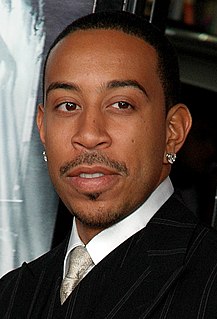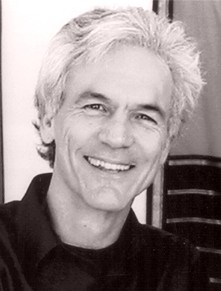A Quote by Shulamith Firestone
the 'natural' is not necessarily a 'human' value.
Quote Topics
Related Quotes
The Gospel of Life is not for believers alone: it is for everyone. The issue of life and its defense and promotion is not a concern of the Christian alone. Although faith provides special light and strength, this question arises in every human conscience which seeks the truth and which cares about the future of humanity. Life certainly has a sacred and religious value, but in no way is that value a concern only of believers. The value at stake is one which every human being can grasp by the light of reason; thus it necessarily concerns everyone.
Shallow ecology is anthropocentric, or human-centred. It views humans as above or outside nature, as the source of all value, and ascribes only instrumental, or 'use', value to nature. Deep ecology does not separate humans - or anything else - from the natural environment. It does see the world not as a collection of isolated objects but as a network of phenomena that are fundamentally interconnected and interdependent. Deep ecology recognizes the intrinsic value of all human beings and views humans as just one particular strand in the web of life.
Human social life, I suggest, is the magma that erupts and builds up, so to speak, at the fault lines where natural human capacities meet and grind against and over natural human limitations…. This meeting of powers and limitations produces a creative, dynamic tension and energy that generates and fuels the making of human social life and social structures…. It is real human persons living through the tensions of natural existential contradictions who construct patterned social meanings, interactions, institutions, and structures.
With few exceptions, democracy has not brought good government to new developing countries. What Asians value may not necessarily be what Americans or Europeans value. Westerners value the freedoms and liberties of the individual. As an Asian of Chinese cultural backround, my values are for a government which is honest, effective and efficient.
I don't necessarily do anything just for the money. I do it for the passion and I do it for the love, because I'm still hungry. So if I want to do music, it's not necessarily motivated because of monetary value. It's more about the passion and the love, and I think that's where music should come from, the heart, not necessarily just to cash a check.
Solidarity is a beautiful word because it means that you reach out to those who are different from you and who have to cope with different circumstances because we recognize that we all share the same human needs and same values. It is the values that count most of all. The value of freedom of thought, the value of democratic practices, the value of respect for your fellow human beings.
Cultivation is at least one of the greatest natural improvements ever made by human invention. It has given to created earth a tenfold value. But the landed monopoly that began with it has produced the greatest evil. It has dispossessed more than half the inhabitants of every nation of their natural inheritance, without providing for them, as ought to have been done, an indemnification for that loss, and has thereby created a species of poverty and wretchedness that did not exist before.
The human being is that space in which the comprehensive compassion that pervades the universe from the very beginning now begins to surface --within consciousness. (As compared with the natural displays of compassion by other creatures that is not necessarily 'within consciousness. ') That's the only difference. We didn't create compassion, but it's flowing through us-or it could. The phase change that we're in seems, to me, to depend upon that comprehensive compassion unfurling in the human species.
What is the importance of human lives? Is it their continuing alive for so many years like animals in a menagerie? The value of a man cannot be judged by the number of diseases from which he escapes. The value of a man is in his human qualities: in his character, in his conscience, in the nobility and magnanimity, of his soul. Torturing animals to prolong human life has separated science from the most important thing that life has produced - the human conscience.


































